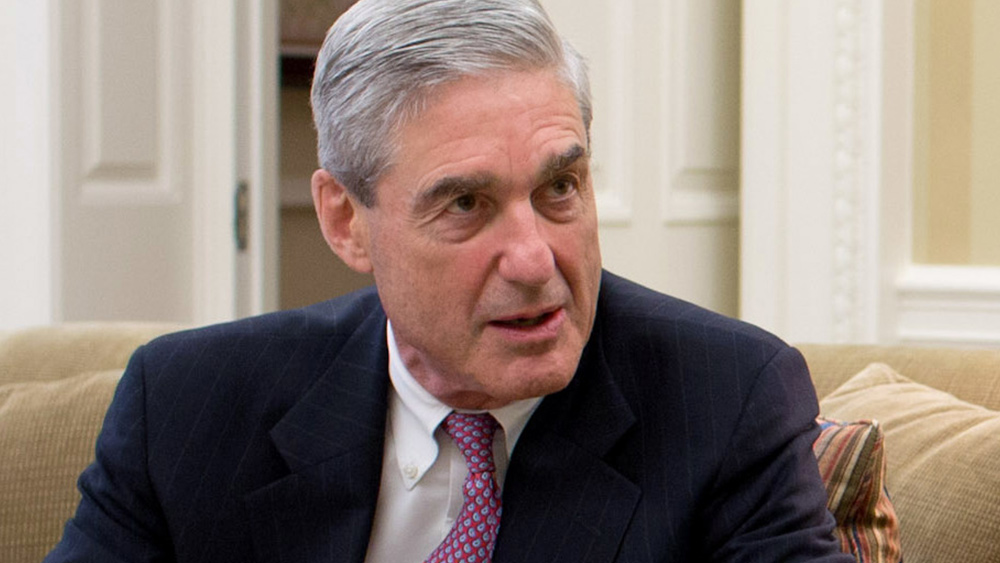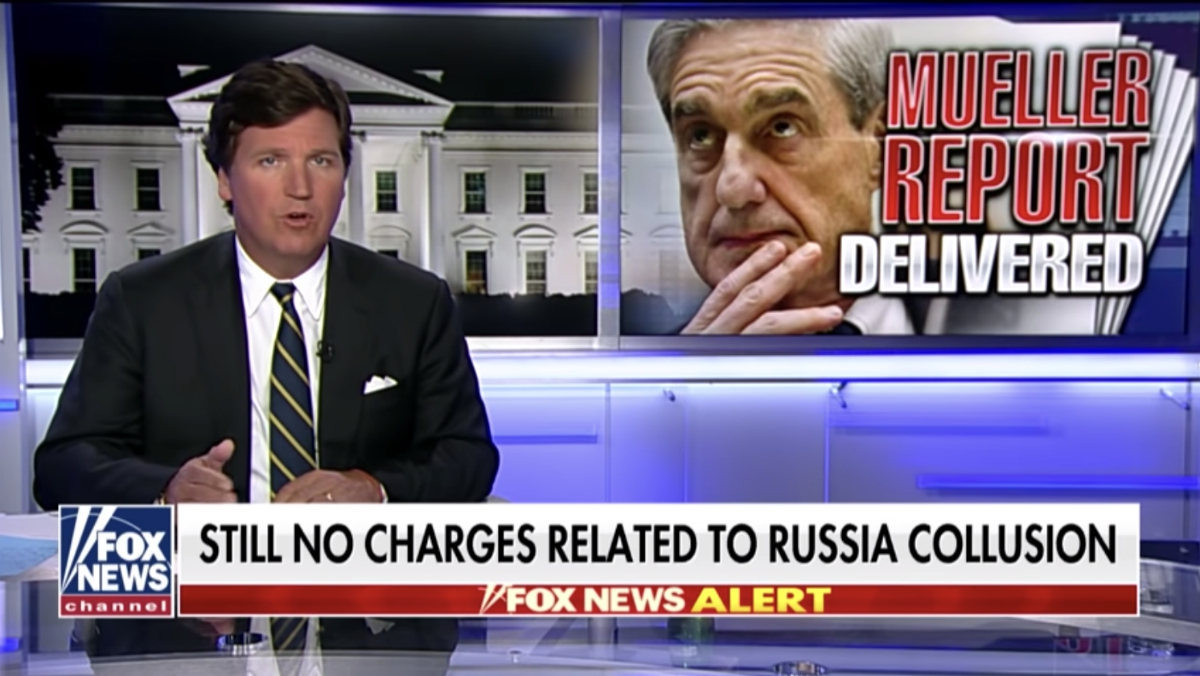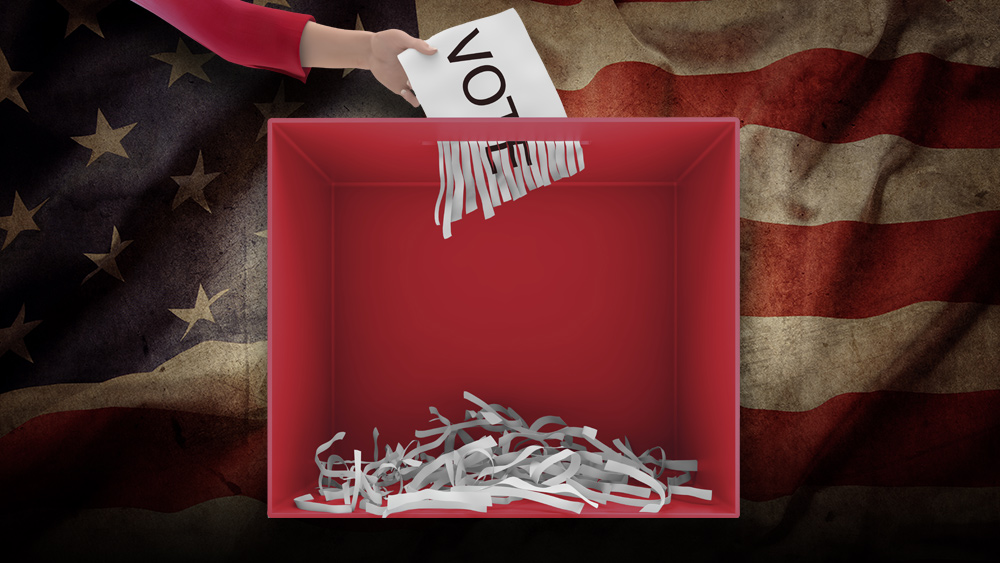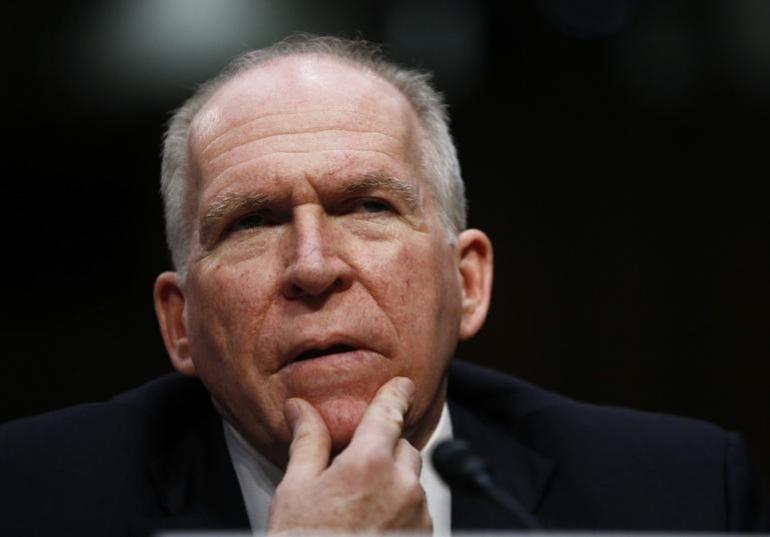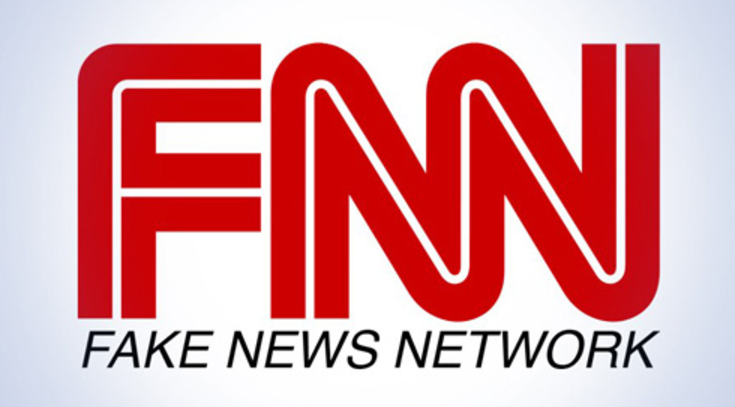CORRUPTION: China business deals were made with families of Joe Biden, Mitch McConnell, to buy influence
03/18/2018 / By JD Heyes
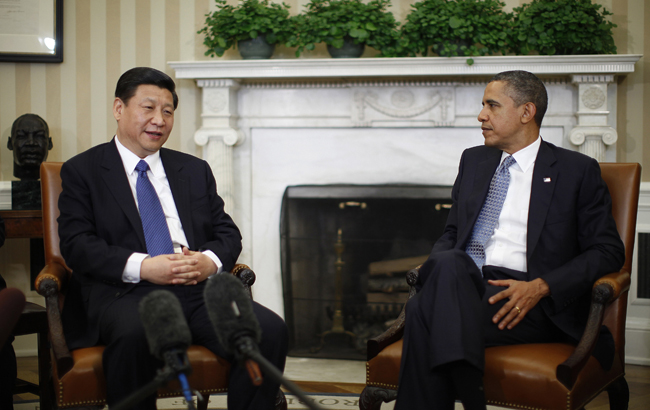
If you had forgotten one of the biggest reasons why Americans in a majority of states sent Donald J. Trump to the Oval Office instead of sending Hillary Clinton back there, it was Trump’s pledge to “drain the swamp.”
A new book by Peter Schweizer, author of the explosive (and thus far un-refuted) tome “Clinton Cash,” which spurred an FBI investigation into the Clinton Foundation — claims that China used a series of high-dollar business deals to buy influence with the families of Senate Majority Leader Mitch McConnell, R-Ky., and Obama’s vice president and former U.S. senator, Joe Biden.
And yet Washington remains obsessed with Russian collusion.
As reported by The Wall Street Journal, Schweizer’s new book, “Secret Empires: How the American Political Class Hides Corruption and Enriches Family and Friends,” says that Beijing sought to garner favor with powerful American politicians by engaging in profitable deals with members of their families. That included targeting them “with investment opportunities and business deals [and] providing hundreds of millions of dollars in business to companies run by the families of Messrs. Biden and McConnell.”
As you might expect, representatives of both men disputed Schweizer’s allegations, calling them “politically motivated hit pieces” and “wild accusations” made without any “credible sourcing.”
But that’s pretty much what the Clintons said, too. And yet, in the latter case, the FBI saw enough evidence to launch a probe. And in the Clintons’ case, along with the Bidens and McConnells, nobody has said anything about suing Schweizer for slander or libel — which he no doubt understands perfectly well would happen if he were lying or using less-than-credible sources.
The WSJ reported further:
Lawmakers and government officials are required to disclose information about their financial dealings but not those of their extended families, and Mr. Schweizer argues China has tried to exploit that provision. …
It comes as U.S. counterintelligence officials have expressed concerns about China’s efforts to target President Donald Trump’s son-in-law and senior adviser, Jared Kushner, and his wife, Ivanka Trump, who have business dealings in China.
None of this is new, per se. In the 1990s, then-President Bill Clinton received direct monetary donations from Chinese interests, including the Chinese government. As the Wall Street Journal reported March 3, 2017, typical legacy media reporting at the time downplayed Clinton’s involvement because — well, because he was Clinton, a Democrat. The Washington Post noted:
President Clinton and his senior foreign policy advisers disagree with senators of both parties who have concluded China had a plan to influence U.S. elections illegally.
Clinton is under increasing pressure to confront the Chinese or face criticism he is so determined to pursue warm relations that he will overlook a plan to meddle illegally in U.S. elections.
The FBI uncovered evidence about the alleged plan, in part, through electronic intercepts. . . . The plan, first discussed in early 1995, called for Chinese officials to channel more than $2 million into U.S. campaigns.
Sound familiar? (Related: Gorka: Biden-China deal ‘biggest pay-for-play scandal since Uranium One.’)
The Journal, in its March report, noted that the revelations about Clinton and Chinese money weren’t even “ancient history.” Just a week earlier, a 17-year-old video from Clinton bagman Johnny Chung surfaced in which he owned up to being a front for Chinese intelligence and he was worried about being assassinated.
So at least since those days, U.S. counterintelligence officials have been increasingly concerned about undue Chinese influence through efforts to cultivate relationships with well-connected American political families (but hey, at least the Chinese aren’t stooping to the Russians’ level and buying a hundred grand worth of Facebook ads).
As for Schweizer, in his new book he discusses what he says is evidence of a close relationship between Foremost Group, a shipping company run by the family of McConnell’s wife, Transportation Secretary Elaine Chao. He argues that McConnell has softened his view on China as the relationship grew (Ms. Chow is Taiwanese, not Chinese).
McConnell’s people have pushed back against the conclusion, pointing to several recent floor statements the Senate majority leader has made referring to China as an “aggressor state” that Washington must get tougher with.
And a spokeswoman for the Transportation Department said that Ms. Chao has not had any involvement at all with her family’s business for 40 years, calling Schweizer’s book “spurious and deliberately malicious.”
Schweizer also notes that Angela Chao, Elaine’s sister, was appointed to the state-owned Bank of China 10 days after the 2016 election. Also, Foremost buys its ships from China’s state-owned defense conglomerate, China State Shipbuilding Corp.; some of the financing for the ships comes from the Chinese government and the company employs Chinese crews.
There are other alleged Chinese ties to powerful American politicians in the book — notably, to one of VP Joe Biden’s sons. Schweizer says there is evidence that China has close ties to Rosemont Seneca Partners, a now-shuttered investment firm that was owned by Hunter Biden and the stepson of former Secretary of State John Kerry, Christopher Heinz. In the book, he highlights investments that came as Biden and Kerry were managing America’s relationship and diplomacy with China.
“In December 2013, Mr. Schweizer writes, Bank of China set up a collaboration with Rosemont Seneca with $1 billion in funds backed by the Chinese government, giving a Western firm access for the first time to a cross-border investment fund formed in the Shanghai Free-Trade Zone,” the WSJ reported.
Naturally, a source familiar with the defunct firm denied Schweizer’s account.
J.D. Heyes is also editor-in-chief of The National Sentinel.
Sources include:
Tagged Under: business deals, buying influence, China, Christopher Heinz, corruption, Hunter Biden, Joe Biden, John Kerry, Peter Schweizer, scandal, Sen. Mitch McConnell




